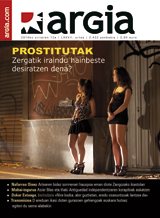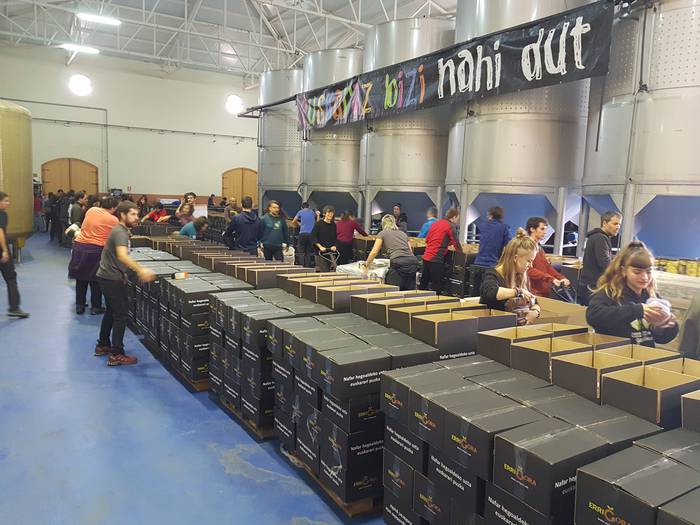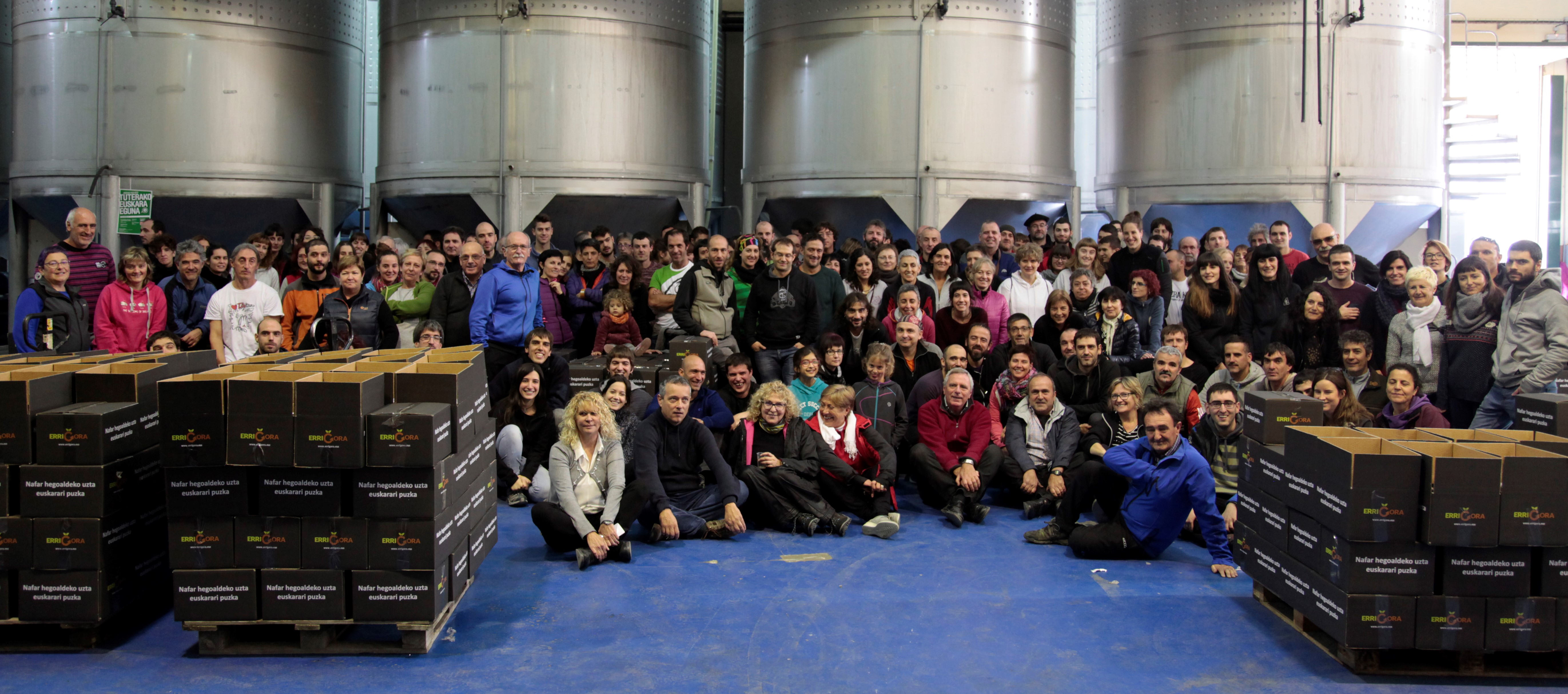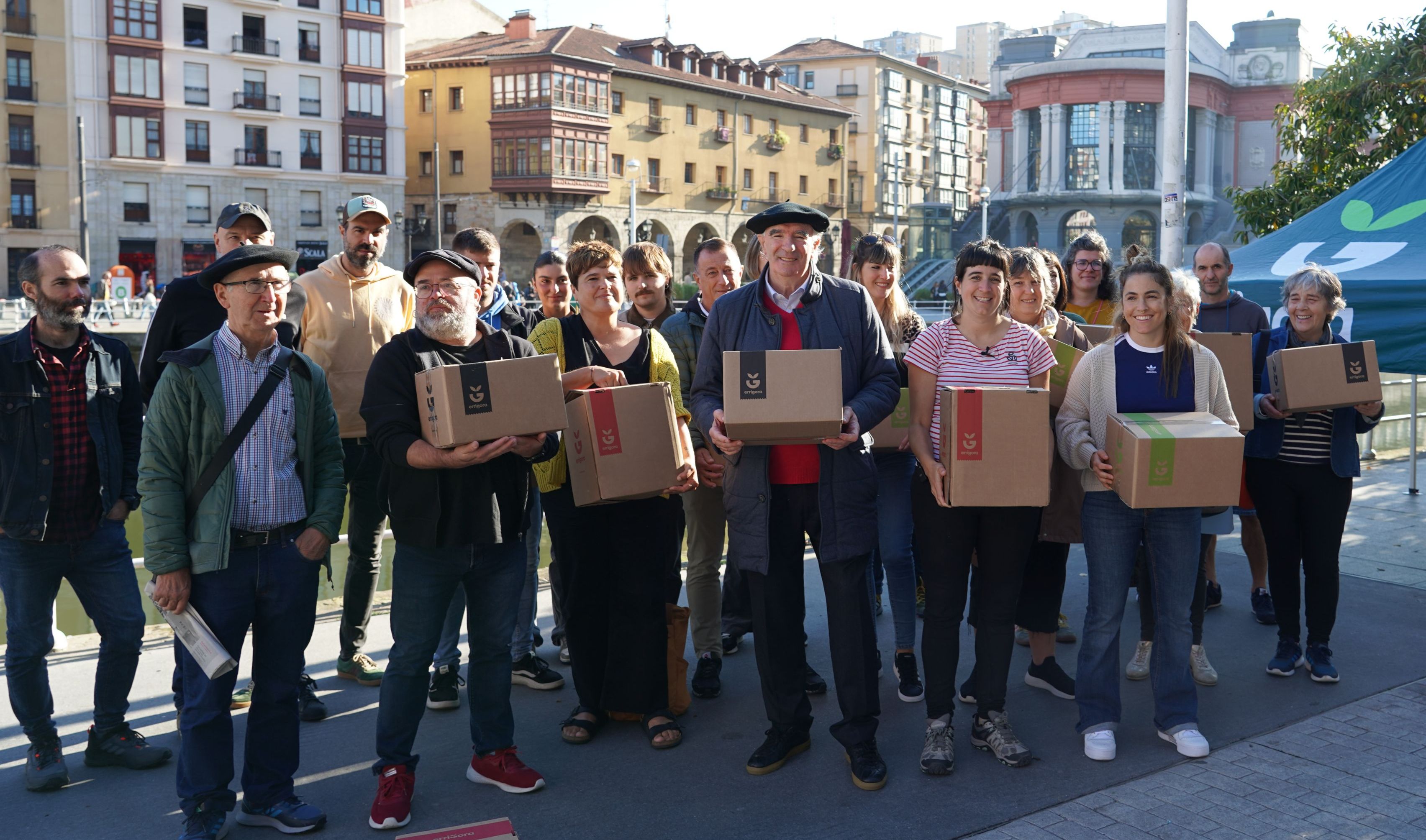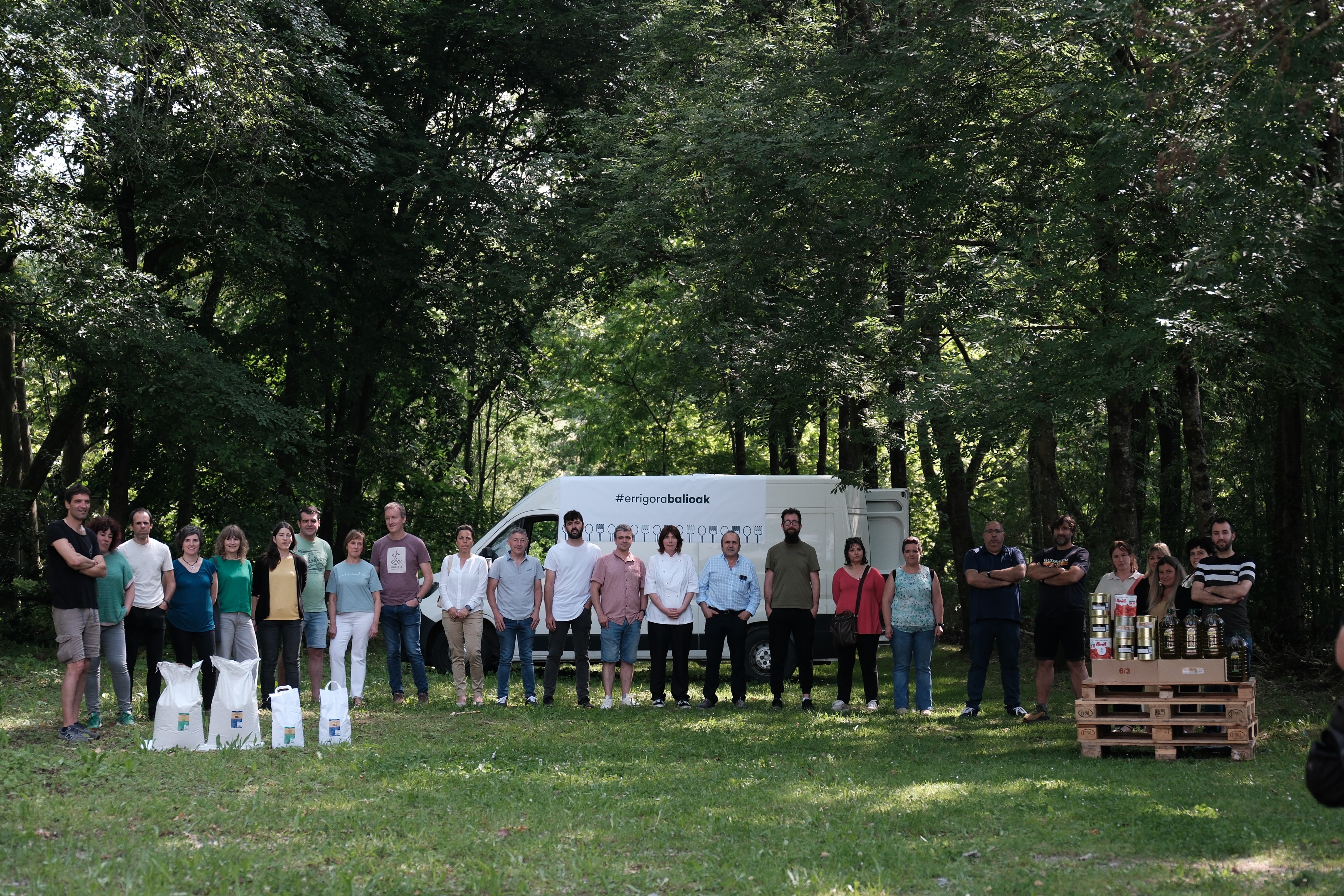Ander Deuna Ikastola, from self-management to the cooperative
- Ander Deuna Ikastola de Sopela, who will soon be 50, has a lot to learn in terms of voluntary collaboration. In the 1960s, the cultural group Alkartasuna and some fathers and mothers of the town carried out nothing; and even today, fathers and mothers can pay part of the education of their sons and daughters performing the jobs that the ikastola needs.
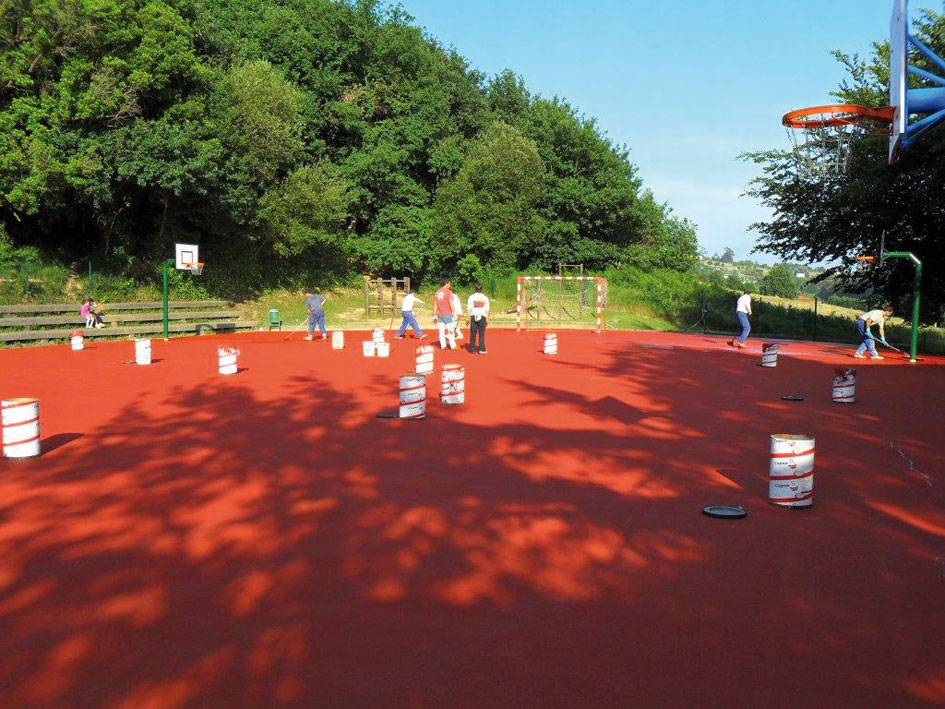
The center of Sopela, which currently has about 880 students, had the same creation as many ikastolas in 1968: they started in the portico and, as the number of students increased, has undergone several displacements, until today. Many ikastolas used to ask for loans or grants to get them through. “From the beginning, the founders of the ikastola were clear that they wanted to make a project based on the equality of families,” explains Xabier Ugalde, director of the ikastola, “so the statutes already determined that the way to pay part of the education of children would be for parents to perform the tasks that the ikastola needed.”
Everyone offered what they knew about their experience: childcare, cleaning, construction… The clearest example of this collaboration between parents is the process of building the last headquarters of the ikastola: “The site was purchased in the late 1970s, but there was no construction – Ugalde said. The parents themselves built the entire residence in Auzolan, both the building and the sports spaces, parks or the pool.”
Integral Cooperative
15 years ago, ikastola underwent a very important change in the organization: the performance of the work went from mandatory to optional. “Many fathers and mothers no longer had time to be so involved in the life of the ikastola, especially for their work. That’s why that decision was made,” explains Ugalde. According to current data, 35% of parents do work (in addition to paying tuition), while 65% pay instead of work. “The situation is difficult, but all participants have a very tight philosophy, and I don’t think that data will go down.”
Ander Deuna works as a comprehensive cooperative: 50% of the decisions are in the hands of its workers (teachers, administration...) and the remaining 50% are in the hands of parents. “There are two main guiding councils, one dealing with the cooperativist part and the other with the pedagogical part, and in all the parents are represented,” explains Ugald. On the other hand, each classroom has a representative, and they are part of the commission of parents, which is mainly dedicated to counseling.” Today, seeing that work done outside the ikastola has more and more time, many fathers and mothers take advantage of holidays or weekends to come to the ikastola and make the necessary repairs.
The director of Ander Deuna sees the benefits of working in auzolan in the management of ikastola very good. “On the one hand, economic: both for parents to pay for their children’s education, and for the ikastola to pay the expenses it needs. On the other hand, for every project to be carried out by more people is always more enriching. But above all, the greatest benefit is that parents feel a direct influence on the education of children.” In the book published in 1993 on the occasion of the 25-year life of the ikastola, they were unable to recall by chance the phrase of American activist Jesse Jackson: “An educational system that does not have parents as a foundation is a bottomless cuba.”
Martxoaren 10etik 26ra izango da udaberriko kanpaina. 'Beste modura, denona de onura' lelopean arituko dira gertuko ekoizpena, banaketa eta kontsumoa babestu eta sustatzeko, ager zonaldean euskara hauspotzen duten bitartean. Apirila amaieratik aurrera jasoko dira... [+]









